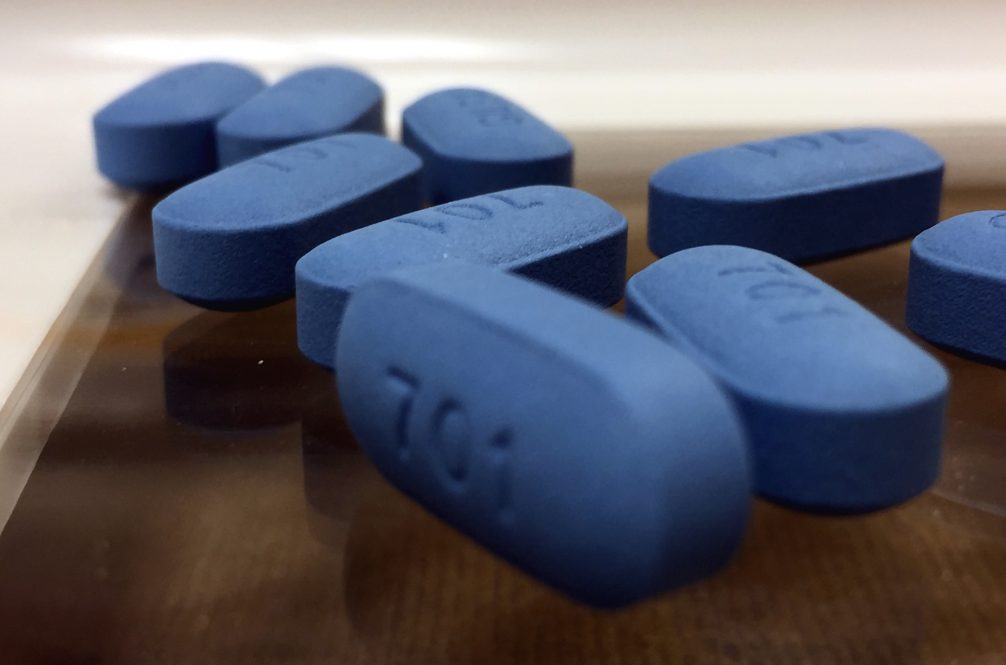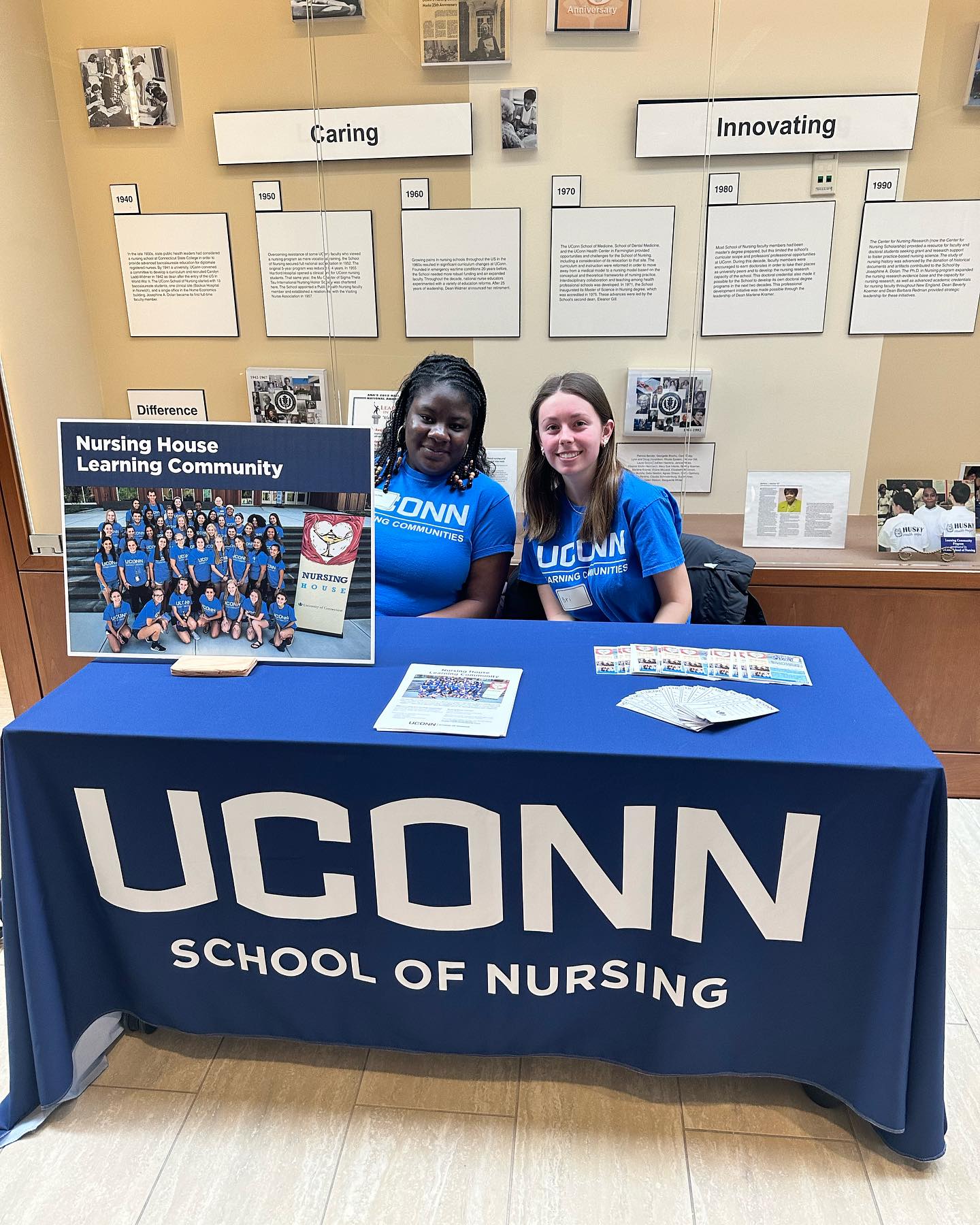Since the height of the AIDS epidemic, there have been dramatic medical advancements to treat and protect people from contracting HIV.
While HIV infection in the U.S. has gradually been declining overall, Black sexual minority men (BSMM) in the southeastern part of the country have one of the highest rates of HIV incidence in the world.
Lisa Eaton, professor of human development and family sciences, has received a $3 million grant from the National Institutes of Health to study the barriers to healthcare usage, including PrEP use, among this population. This work will focus on substance use, stigma, and the evolving healthcare landscape in the U.S.
Pre-exposure prophylaxis (PrEP) is a pill that protects against contracting HIV even if a person comes in direct contact with the virus. Critically, a person must take the pill every day for it to be effective, meaning consistent adherence is key.
This promising HIV-prevention tool is currently underutilized among BSMM. Eaton’s previous research with BSMM in Atlanta found that only 4% of men in her study were currently taking PrEP even though 90% of them were aware of it.
One important barrier to taking PrEP, and taking it consistently and correctly, is substance use. Among the men in Eaton’s previous study, 43% reported recent substance use. Substance users were more than twice as likely to test positive for HIV than non-users.
The low rate of PrEP usage within this group is not only a critical public health concern, but also complicates research efforts. Because so few BSMM who are substance users take PrEP, it is difficult for researchers to understand how substance use impacts PrEP use. This in turn hampers efforts to better support this population in PrEP uptake and adherence.
Another significant barrier is the persistent stigmatization of HIV/AIDS. This stigma can discourage men in this population from seeking medical interventions like PrEP.
Studying PrEP usage is further complicated by the impact the COVID-19 pandemic has had on the healthcare system. The pandemic affected healthcare access, infrastructure, as well as sex behavior. These impacts will likely have lasting effects that limit PrEP use, making it a research priority to understand the new healthcare landscape.
Eaton’s research on these novel questions will provide the field with critical information to help move PrEP use in this population forward.
Eaton will provide study participants with evidence-based PrEP engagement counseling. This counseling will address barriers these men face to accessing PrEP and assess the different forms and paths stigma and substance use take as they relate to PrEP usage.
There is a “cascade” for PrEP use. The first step is “linkage” or introducing an individual to PrEP care. The next step is “uptake” when they begin taking the medication. Step three is “adherence” which consists of taking PrEP as prescribed (i.e. every day). The final step is “persistence,” or continuing to take PrEP over time.
Eaton is interested in studying barriers at each stage in this cascade as they each present unique challenges. This study aims to increase understanding of factors that promote or impede an individual from advancing in this cascade.
Eaton’s team will assess participants’ psychosocial well-being and healthcare access throughout the study. They will also test participants for HIV and other STIs and the presence of TFV-DP, an active ingredient in PrEP, to assess compliance.
Eaton and her team will use this data to model stigma pathways that provide a greater understanding of how the evolving public health landscape impacts PrEP use among this population. This work will help researchers develop and adapt interventions to increase PrEP usage among this high-risk population.
Eaton holds a Ph.D. from the University of Connecticut and completed a post-doctoral fellowship at Yale University. She is an InCHIP researcher. Her research interests include health disparities, stigma and its effects on marginalized populations, social determinants of disease, and human sexuality and positive well-being.



